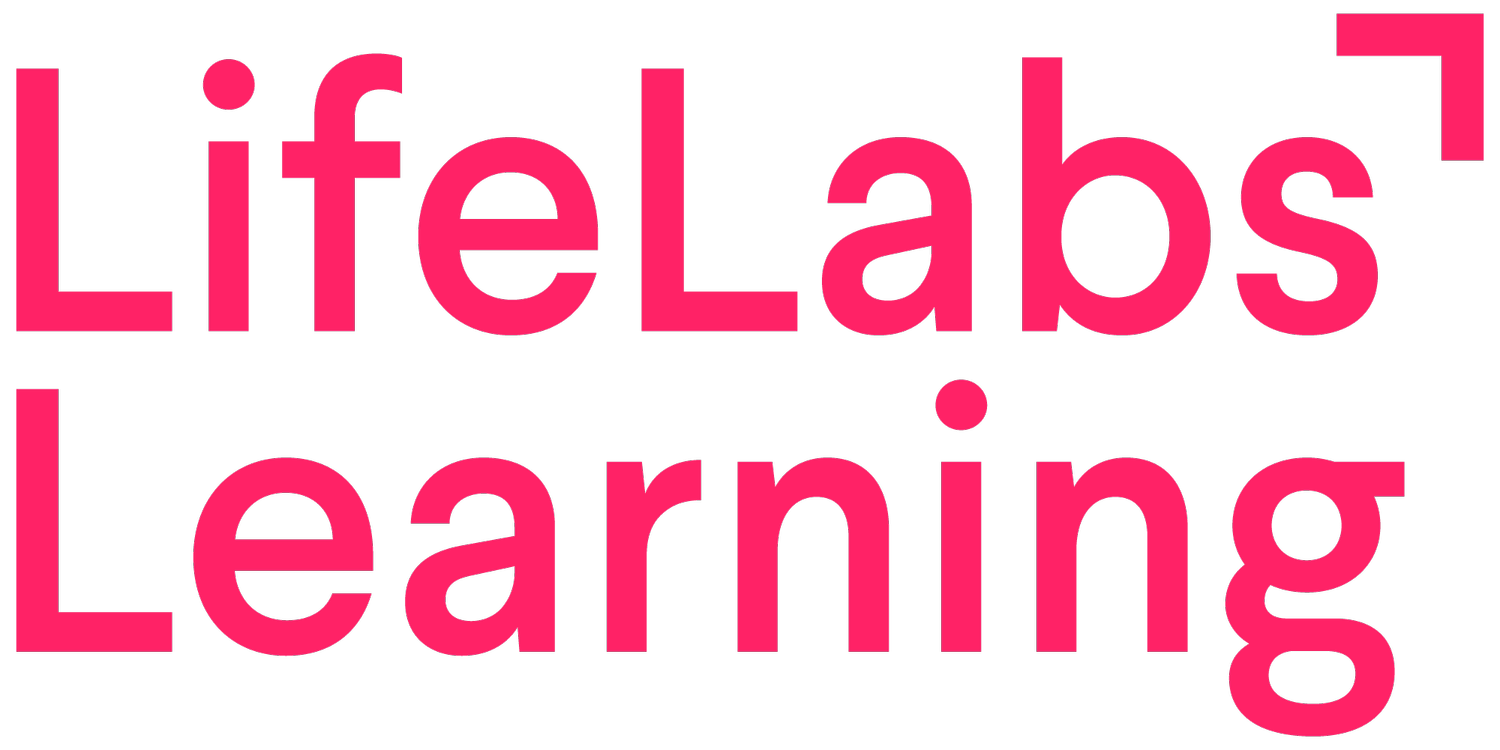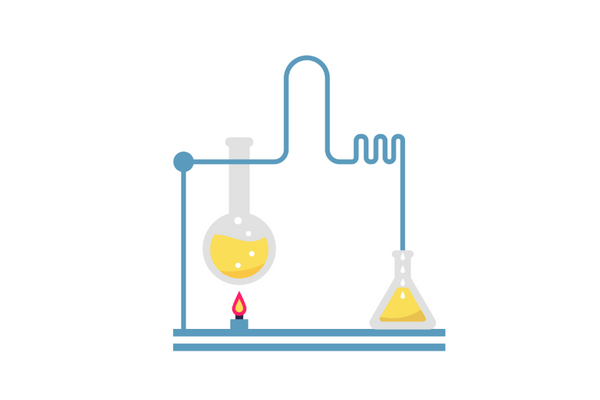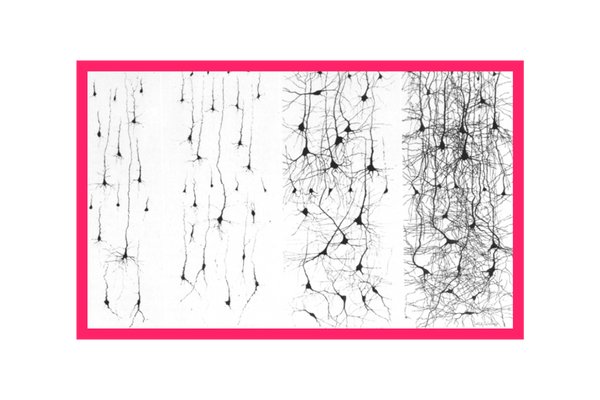Super-learning: The little-known skill that makes all the difference
Outworking gave way to outsmarting and now things are shifting again. There’s a new skill that companies desperately need but most don’t even know about. It’s a skill that can make the difference between adapting to an unexpected event or succumbing to it using static and stale approaches. It can turn a limiting career into an infinite one. And it can make or break an entire organization, especially in the face of change.
We call it super-learning: the skill of efficient, continuous, and rapid learning.
Why does super-learning matter urgently? Because across the 2,000+ companies we serve around the world, we’re seeing that expertise is no longer enough. In some cases, it can be a liability. As the Zen monk and teacher Shunryū Suzuki said: “In the beginner's mind there are many possibilities, but in the expert’s there are few.” In a workplace and world of constant unpredictability, the ability to imagine options is key. Subject matter expertise can still be essential, but only if it goes hand-in-hand with the ability to learn, unlearn, and adapt.
Here’s a quick side-by-side view of how the two approaches differ:
Consider your organization. Are you building a knowledge culture or a learning culture? Are you teaching employees what to know? Or are you also teaching them how to learn?
Most of us think of learning on the job as something that takes place passively. Sometimes this method works, sometimes it doesn’t. Sometimes we practice the wrong way of doing things and get really good at being bad. And even when passive learning succeeds, it usually eats up a whole lot of time, money, and energy. Is it worth it? We think not.
So here are three of our favorite super-learning habits that make a big impact in a short amount of time:
1. EXTRACT: The mental model most folks have for learning is this: (a) we do → (b) we learn. But if we want to learn faster and better, there’s a critical missing step: extract. Just as we need a deliberate chemical process to extract a valuable substance, we need to be intentional about drawing out lessons from our experiences.
The updated model for learning is: (a) we do → (b) we extract → (c) we learn (faster).
Contrary to popular assumption, research shows that in many cases, spending more time extracting our insights and reflecting on our learning results in faster skill building than getting more practice (Ericsson et. al., 2017).
The habit: Schedule pauses to extract learnings. This can be a pause point in each 1-on-1 to ask “what were your learning extractions from this week?”, a ritual of holding retrospectives after every project, or a company-wide practice of pausing on a monthly or quarterly basis to reflect on lessons learned.
2. TRANSFER: One of the saddest consequences of poor learning is letting valuable lessons succumb to our brains’ eager housekeeping practices. From a neural perspective, each time we acquire new knowledge or insights, it creates a neural pathway in our brains. If we don’t re-use this pathway, our brain prunes it away. To keep that pathway growing thicker (and thus more easily accessible), we have to deliberately transfer our learning from our short-term into our long-term memory and from one context (e.g., a feedback conversation with a peer) to another (e.g., a feedback conversation with a client).
The habit: The simplest way to speed up learning transfer is to demarcate when you or someone else is using a particular skill (and encourage managers to do it too). For example, instead of asking, “how will you handle this situation?” try: “how can you use your feedback skills in this situation?” Instead of saying, “nice job getting everything done on time,” try: “which prioritization skill helped you get everything done on time?” This super-learning habit creates repetition and helps people spot all the different places the same skills or tools show up.
3. CATALYZE: Finally, you can accelerate learning across your organization by helping each individual become a catalyst for other people’s learning. You can do this by equipping employees with questions skills and feedback skills and by making it easier for lessons to leave on person or department and reach others.
The habit: A delightful way to catalyze learning while also solidifying it is to leverage the protégé effect: our tendency to retain more knowledge when we have to explain it to others. On a personal level this can mean setting a reminder to summarize individual takeaways from a learning experience. On a team level, it can look like sharing lessons learned from the week. And on a company level, it can mean involving more people in onboarding and skill building.
Want more support creating a super-learning organization? LifeLabs Learning workshops are designed to do exactly that, fast! Set up a quick conversation with one of our consultants to explore options and nerd out over learning psychology.
Learning & Development Toolkit
Set up your Learning & Development strategy for success with these three tools: L&D Philosophy Template, L&D Curriculum Builder, and the L&D Calendar Template





